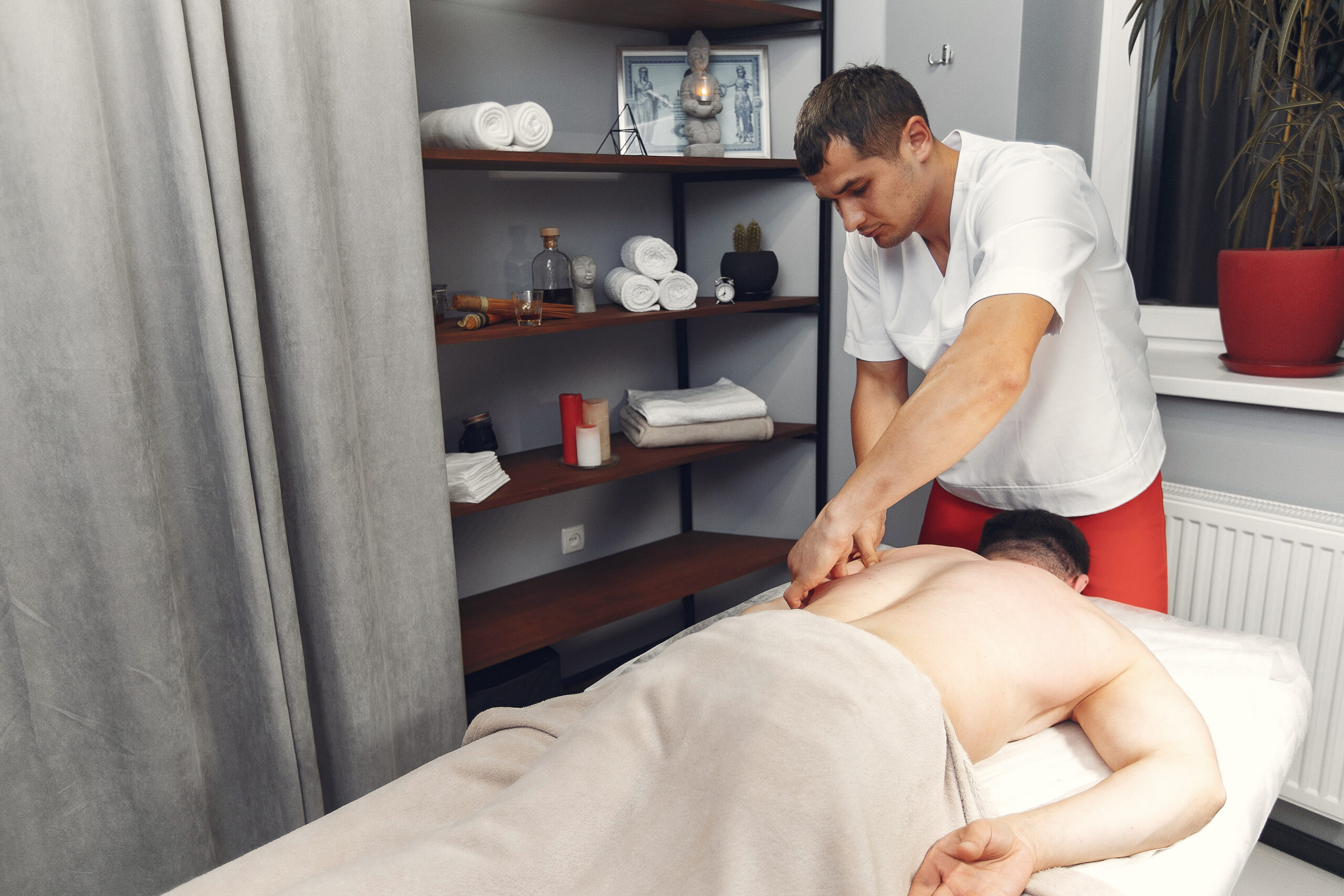
Acupuncture Side Effects: What’s Normal and What’s Not
- Tue Sep 16

Acupuncture and acupressure both stem from Traditional Chinese Medicine (TCM), aiming to restore balance within the body and alleviate various health conditions.
While they share similar philosophies, they differ in techniques, intensity, and effectiveness for certain conditions. If you’re curious about which therapy might work best for you, this guide will compare both methods based on real-world results and help you decide which approach to try.
Acupuncture has been used for thousands of years to treat a wide variety of conditions. In this method, a licensed practitioner inserts ultra-fine needles into specific points on the body called “acupoints.”
The theory is that by stimulating these points, acupuncture restores the flow of “Qi” (vital energy) and helps correct any blockages or imbalances.
Acupuncture is commonly used to treat:
Research shows that acupuncture can be effective for long-term pain management, particularly for conditions like osteoarthritis and chronic lower back pain.
Studies suggest it triggers the release of endorphins, which are the body’s natural painkillers, and may even help reduce inflammation.
While acupuncture uses needles, acupressure applies physical pressure to the same acupoints. Instead of needles, practitioners use their fingers, palms, or even specialized tools to press on these points, activating the same flow of Qi.
Acupressure can be done by a professional or self-administered, making it a more accessible option for those who prefer a needle-free approach. Acupressure is particularly helpful for:
The main benefit of acupressure is that it’s non-invasive and offers a more subtle stimulation compared to acupuncture. However, its effects might not be as deep or long-lasting as acupuncture, especially for more complex or chronic health issues.
The choice between acupuncture and acupressure depends on your health goals and personal preferences.
If you’re struggling with ongoing pain or conditions that don’t seem to improve with over-the-counter treatments, it may be time to consider acupuncture therapy services in Milton.
A skilled professional can provide a more targeted approach to conditions like chronic pain, sleep disorders, digestive issues, and more. Acupuncture has shown excellent results for people who need deep healing and long-term care.
Both acupuncture and acupressure offer unique benefits and can be effective in managing a wide range of health conditions. While acupuncture’s needle-based approach provides a deeper, more targeted treatment, acupressure offers a more accessible, gentle option for stress relief and minor discomfort.
If you’re looking to explore the full benefits of acupuncture, consider visiting a local acupuncture therapy service Milton. By working with a trained practitioner, you can find a treatment plan tailored specifically to your needs, helping you restore balance and improve your overall health.
Ready to experience the healing benefits of acupuncture Milton? Reach out today and discover how acupuncture therapy can help you achieve balance, reduce pain, and feel better.